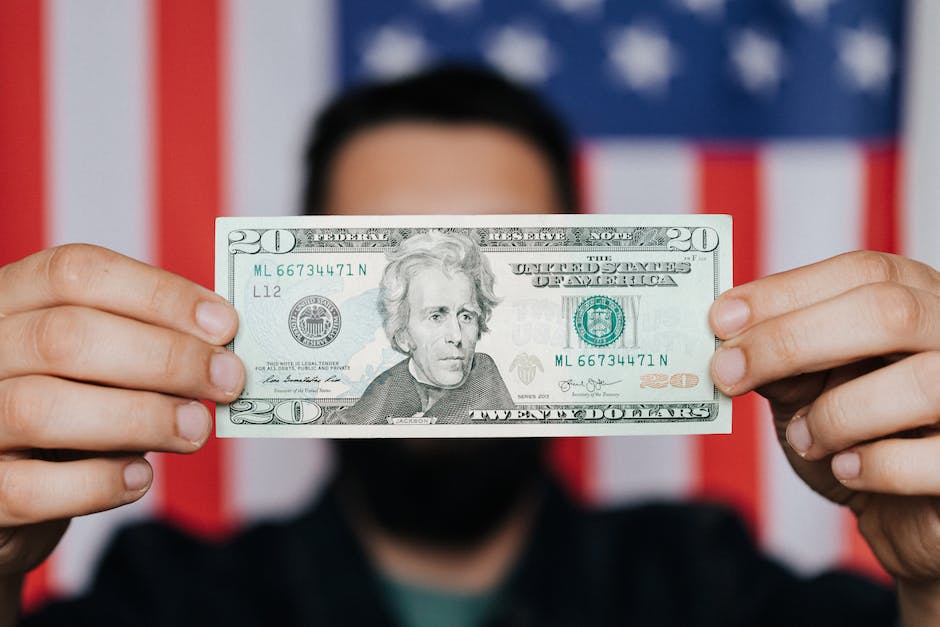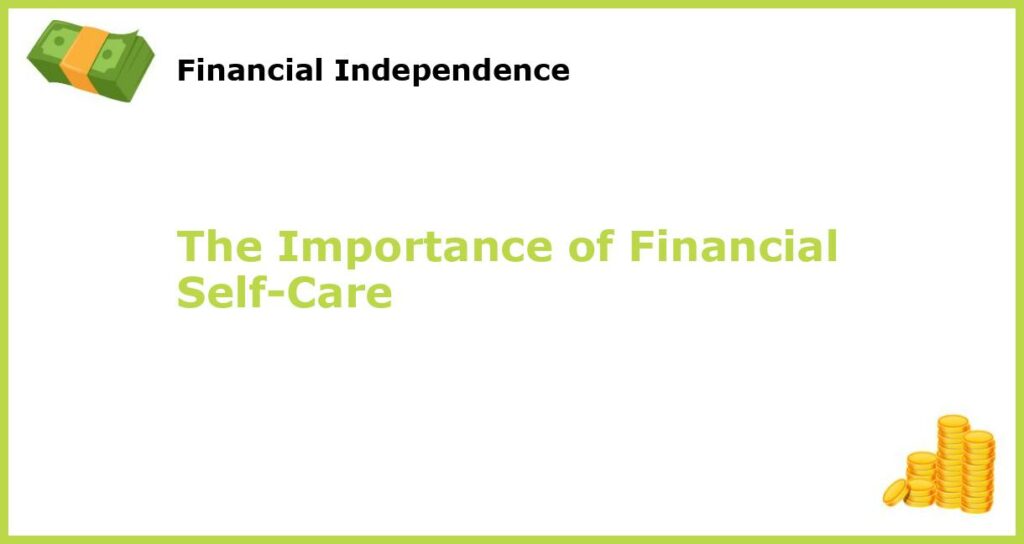Money, money, money – it’s a critical aspect of life. Whether you like it or not, it plays a significant role in your daily routine. People often forget that maintaining their financial health is just as vital as physical health. Financial self-care is necessary to build a secure future for yourself. Here are ten excellent ways to focus on your financial self-care:
1. Know Your Financial Health

Knowing your financial health is the starting point of financial self-care. It means analysing the amount of income you generate, the expenses you encounter and the debts you have. To do this, establish a budget plan and keep track of your expenses to get a clear picture of your overall financial state. It will allow you to make informed decisions.
2. Set Realistic Goals

One of the essential aspects of financial self-care is setting realistic goals. Be focused and decide what you want to achieve long-term. Ensure your goals are measurable and that you can achieve them within a set timeline. Your short-term objectives will help you reach your long-term goals, so set them accordingly.
3. Prioritize Saving

Saving is crucial when focusing on financial self-care. Not only does having a financial cushion help you in emergencies, but it also secures your future. Consider creating automated contributions to your retirement account, and create a plan to pay off your debts. Even minor contributions can make a substantial difference over time.
4. Don’t Ignore Debt

Creating a debt repayment plan and adhering to it is imperative in financial self-care. Avoiding your debts won’t alleviate them. Once you have paid off your debts, you can redirect the money you were using to pay them off to other necessities like saving or investing.
5. Build an Emergency Fund

Building an emergency fund should be a top priority in financial self-care. Any emergency can occur at any time; therefore, having a financial cushion can alleviate the burden. Start building an emergency fund by allocating a specific amount each month. Over some time, you can build up your emergency fund and have peace of mind knowing that you have a financial cushion in case of an emergency.
6. Invest in Yourself

Investing in yourself holds a critical role in personal and financial growth. Whether it’s enrolling in classes or courses, learning new skills or taking care of your emotional and physical needs, investing in yourself can help you achieve long-term financial objectives.
7. Be Mindful of Your Spending
Mindful spending plays an essential role in financial self-care. Be aware of where your money goes and ensure that it corresponds with your values and priorities. Avoid impulsive shopping and plan your finances to avert overspending.
8. Review Your Finances Regularly
Reviewing your finances regularly is vital in staying on track to achieve your financial objectives. Set aside some time monthly to review your budget, expenses, and financial goals. If needed, adjust your budget to ensure you stay on track.
9. Practice Gratitude
Practicing gratitude makes a positive impact on your overall well-being and helps you appreciate what you have. Take some time to be thankful for the progress you have made towards achieving your financial goals and be optimistic about your future financial state.
10. Seek Professional Help
If you are unsure, confused or overwhelmed about your finances, seek professional help. Financial advisors, accountants, and credit counsellors can offer valuable financial advice and guidance towards achieving your financial goals.







